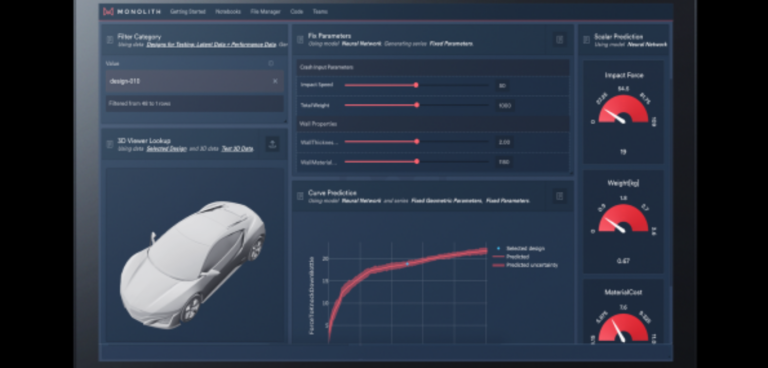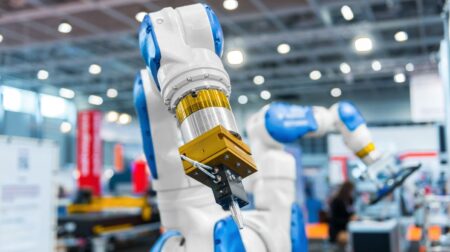German automotive manufacturer BMW Group is using AI technology from London-based software platform provider Monolith to help speed up its vehicle development programmes.
Through combined use of self-learning models and BMW test data, engineers are using AI to predict the behaviour of complex systems, such as crashes and aerodynamics tests.
For example, BMW crash-test engineers are using Monolith to explore AI’s potential to predict the force on a passenger’s tibia during a crash.
According to Monolith, even with sophisticated modelling, the complexity of the physics underpinning crash dynamics makes it hard to anticipate real-world behaviour. Moreover, physical crash tests can only be conducted when the design is mature enough to create physical prototypes.
Thus, BMW collaborated with Monolith to see if AI could predict crash performance substantially earlier in the development process.
Using Monolith, BMW built self-learning models using existing crash data and were able to accurately predict the force on the tibia for a range of different crash types without performing physical crashes.
The accuracy of the self-learning models will continue to improve as more data becomes available and the platform is further embedded into the engineering workflow.
This approach means engineers can optimise crash performance earlier in the design process and reduce dependence on testing, which is time-intensive and costly.
Dr Richard Ahlfeld, CEO and founder of Monolith, said: “When the intractable physics of a complex vehicle system means it can’t be truly solved via simulation, AI and self-learning models can fill the gap to instantly understand and predict vehicle performance.
“This offers engineers a tremendous new tool to do less testing and more learning from their data by reducing the number of required simulations and physical tests while critically making existing data more valuable.”
BMW is expanding its use of Monolith into other engineering functions across R&D that generate vast amounts of data, from crash testing to aerodynamics, motorsports and advanced driver-assist systems.








